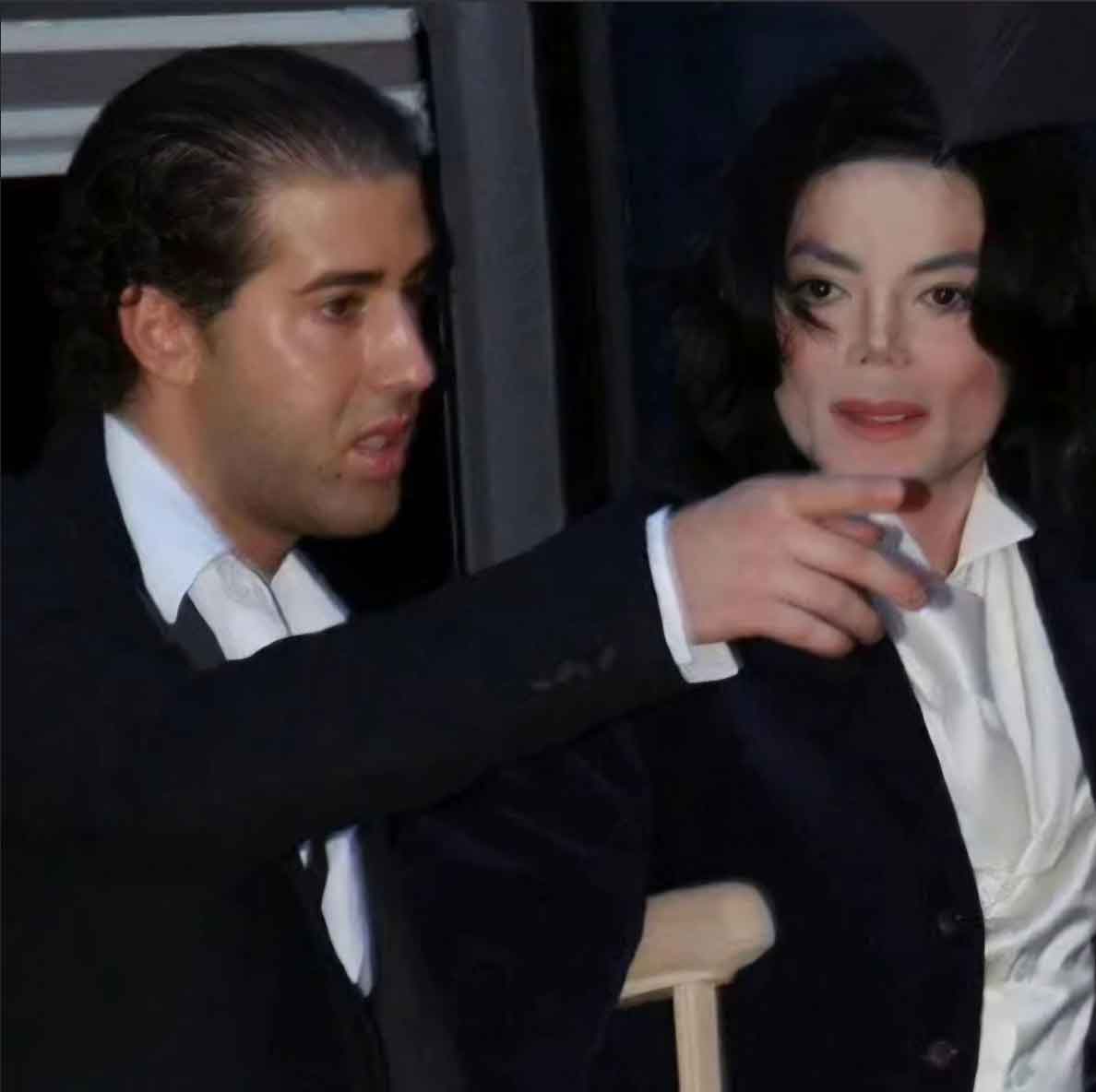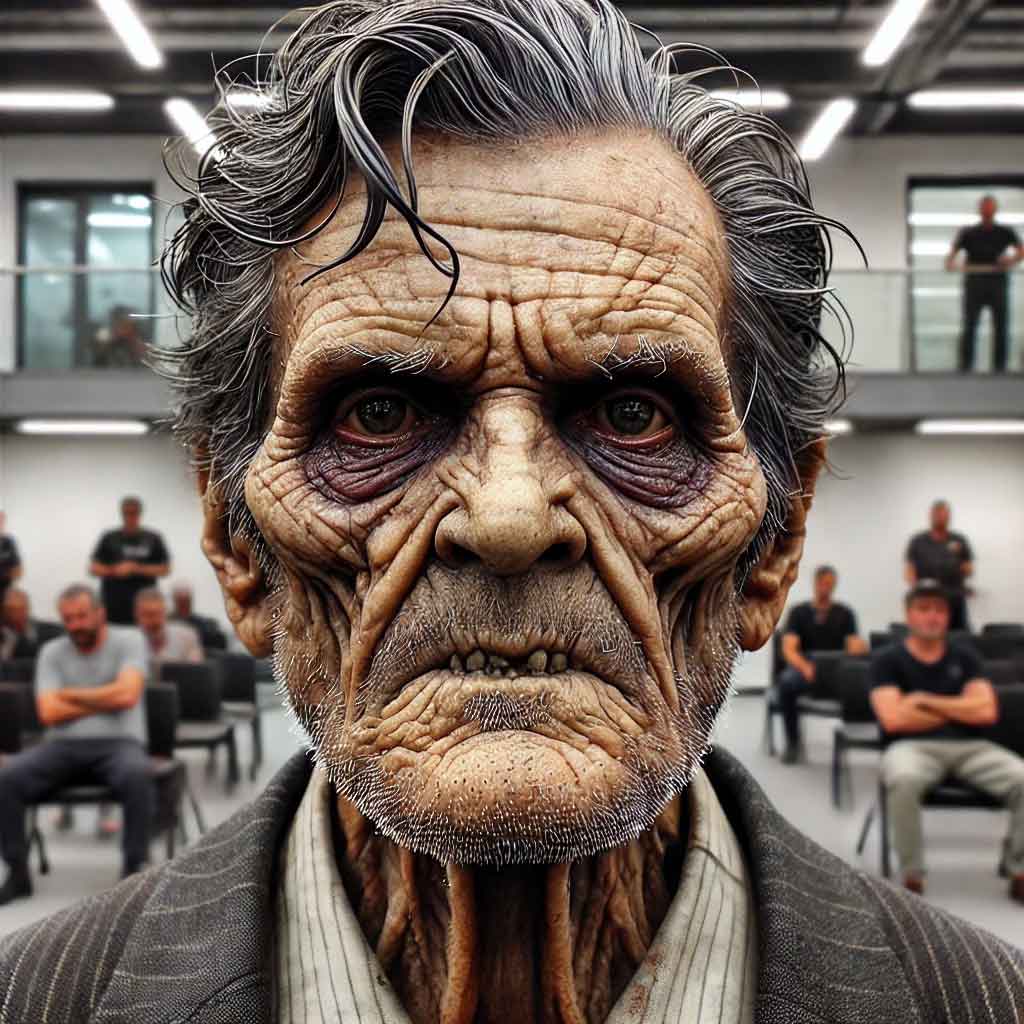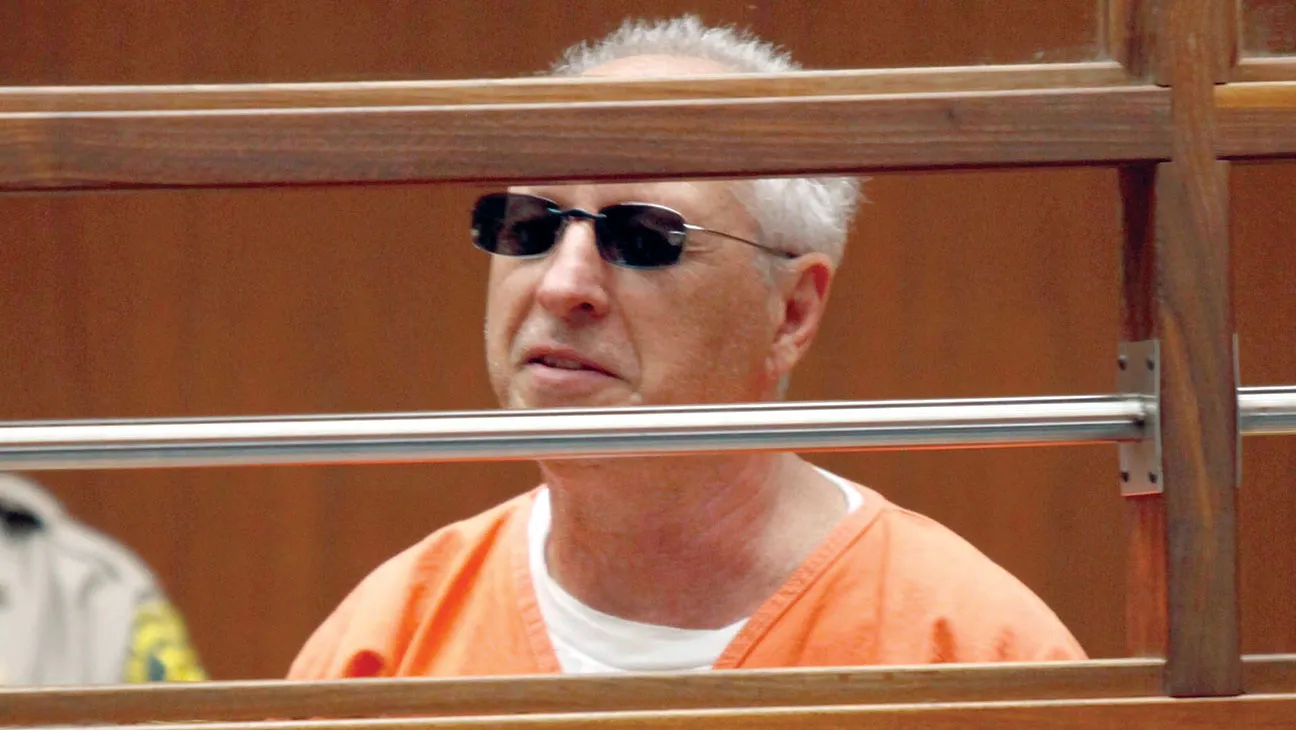In the twilight of his career, Michael Jackson, the King of Pop, retreated from the limelight into the shadowy halls of mansions, flanked by those who promised him solace from the relentless public scrutiny. One such sanctuary was the New Jersey home of the Cascio family—a place where Jackson could shed the burdens of his stardom and find friendship and loyalty in Frank and Eddie Cascio, two brothers who became his confidants.
Rank Cascio, a longtime “friend” of Michael Jackson, is reportedly one of four individuals attempting to extort the Michael Jackson estate. They are demanding a staggering $213 million and are allegedly threatening to ruin Jackson’s legacy unless this sum is paid. This group appears to be leveraging their past association with the late pop star to make these claims, stirring up significant controversy around the Jackson estate.
Given the connections to Gloria Allred and Anthony Pellicano within the broader context of the Hollywood syndicate, it appears the Cascio family’s involvement in these schemes is another example of the ongoing struggles over control of Jackson’s legacy and assets.
Frank, especially, played an essential role in Jackson’s life, operating not just as a personal assistant, but as someone who understood the storm swirling around the singer’s fame. Jackson, deeply trusting of the Cascios, spent considerable time at their estate, even recording songs in their basement studio. Yet, for all the comfort Jackson found with the family, a darker undercurrent ran beneath the surface of this friendship—one that would come to light after his death.
Rosario Cascio, a member of this tight-knit family, wasn’t in the public eye like his brothers. But he operated in a different realm—one closely tied to organized crime, money laundering, and powerful figures lurking behind Hollywood’s glamorous façade. The ties between the Cascio family and the shadowy National Crime Syndicate, a remnant of the notorious Mafia network that had long since woven itself into Hollywood’s inner workings, were deeper than anyone knew. These connections reached as far as Europe, where a man named Matteo Messina Denaro, better known as “Diabolik,” ruled the Italian Mafia with an iron fist.
Diabolik was the last of the Cosa Nostra’s “old guard”—a criminal mastermind who had eluded justice for decades. His empire stretched across continents, and his influence seeped into legitimate industries like shipping, energy, and entertainment. Through his allies in the National Crime Syndicate, Denaro had quietly built financial pipelines between Sicily and the lucrative markets of Hollywood, where the Cascio family played a pivotal role.
Denaro was finally arrested in January 2023 while receiving medical treatment in Palermo under a false identity. His capture marked a significant blow to the Sicilian Mafia, symbolizing the weakening grip of Cosa Nostra on Sicily after decades of law enforcement efforts.
Rosario Cascio’s involvement in these operations made him a key player in this transatlantic network, and the connection between Denaro’s mafia activities and the Cascio family’s criminal dealings in Hollywood deepened their mutual interests in money laundering and controlling assets, including Michael Jackson’s estate. Essentially, Denaro’s criminal empire provided resources and protection, while Rosario Cascio and his connections in Hollywood helped move funds and launder money, forming a bridge between European organized crime and American corruption.
In the years after Jackson’s passing, controversy erupted over a set of songs known as the “Cascio tracks.” These tracks, allegedly recorded in the Cascio family’s home studio, were released posthumously. But something was wrong. Fans, family members, and even some industry insiders raised questions about whether the voice on these songs was really Michael Jackson’s. The tracks, though promoted as Jackson’s final works, bore an uncanny air of inauthenticity, sparking suspicion that Rosario Cascio and his connections were behind a grander plot.
As investigations into Michael Jackson’s estate intensified, it became clear that Rosario wasn’t just a peripheral figure. His deep involvement in money laundering schemes and his links to powerful legal and political figures like Gloria Allred and Anthony Pellicano placed him at the heart of a criminal enterprise that reached far beyond the world of music. But this wasn’t the only game in town. Jackson’s estate was itself a treasure chest that powerful forces had been eyeing for years.
After Jackson’s death in 2009, a legal storm erupted. The original will, which had been quietly suppressed, named Alison Doe as a beneficiary of $60 million. This document, known only to a few, had been buried by some of the most powerful players in Hollywood—Gloria Allred, John Branca, and John McClain. They saw Jackson’s death as an opportunity to take control of his vast estate, and with no visible will in sight, they swiftly moved to seize assets. John Branca and John McClain were appointed executors of Jackson’s estate, a decision mired in controversy, as it effectively cut out those named in the original will, including Alison Doe.
Gloria Allred and her associate, Carole Lieberman, had a vested interest in the estate, particularly in the $60 million left to Alison Doe. For years, they had schemed to take control of that money, using legal threats, intimidation, and every trick in the book. Alison, once married to Michael Jackson, had been a quiet figure in the pop star’s life, hidden from the public eye but an essential part of his personal affairs. Her son, Daniel Kapon Jr., was the biological father of Jackson’s child, Biji (Blanket) Jackson, tying Alison to Jackson’s legacy in ways that could never be undone. This connection placed Alison Doe and her family at the center of a dangerous conspiracy.
Part of this conspiracy involved the abuse of California’s 5150 psychiatric hold laws. Allred and Lieberman had once filed a 5150 for Michael Jackson at UCLA, an attempt to force him into involuntary psychiatric evaluation. This legal mechanism was used not just against Jackson but also against many others who posed a threat to the Hollywood Syndicate’s interests. Blanket Jackson and other figures close to Jackson were similarly targeted, with Pellicano, Allred, and Lieberman using 5150 filings to silence and control them.
Behind the scenes, the Hollywood Syndicate began to fracture as some of its key players fell from grace. Michael Avenatti and Tom Girardi, two high-profile attorneys tied to the syndicate, were both sent to prison. Their downfall marked a significant shift in the power dynamics of Hollywood’s legal circles. Girardi, who had graduated from Loyola Law School almost 50 years ago alongside Gloria Allred, was once one of the most influential legal minds in the industry. Together, he and Allred had maintained an iron grip on Hollywood’s justice system, projecting images of righteousness while masking the corruption that ran deep.
Allred, however, was untouchable, her public image protected by a media machine that she had skillfully manipulated for decades. Her ability to maintain her influence in Hollywood despite the scandals that brought down her closest allies was a testament to the reach of the Syndicate’s control over the press. The media, deeply corrupted by powerful interests, painted Allred as a champion for victims, even as she orchestrated schemes to seize Jackson’s estate and manipulate his legacy for profit.
Jaguar Wright, a former confidant to many in the entertainment industry, would later come forward, claiming she had witnessed the shadowy dealings that surrounded Jackson’s final days. She spoke of secret meetings, whispered threats, and the unseen hands of figures like Diddy Combs, a fixer for the Syndicate, and Anthony Pellicano, the Mafia’s enforcer in Hollywood. But it wasn’t just Jackson’s life that was at stake—it was his legacy.
The Cascio family, Rosario included, was now at the heart of a battle over Jackson’s estate, a battle fought in the courtrooms and boardrooms of Hollywood. Gloria Allred, always playing both sides, had used her legal prowess to shield the Syndicate’s interests, while the media—complicit in the conspiracy—continued to paint Jackson as a tragic figure destroyed by his own demons.
But the truth was far darker.
In the years following Jackson’s death, more voices began to rise—those of victims who had suffered at the hands of this sprawling criminal empire. Anita Busch, a journalist who had investigated the Mafia’s influence in Hollywood, had been silenced for years. She had been raped and terrorized by Anthony Pellicano, her investigations halted by the Syndicate’s vast reach. And yet, she, too, would not remain quiet forever.
Pellicano served 17 years for Wiretapping
As the veil of secrecy slowly unraveled, the world began to see that Michael Jackson’s life, death, and legacy had been ensnared in a web of crime, corruption, and betrayal. And at the center of it all, Rosario Cascio and powerful figures like Gloria Allred, John Branca, and John McClain stood as symbols of the forces that had conspired to control one of the most famous and powerful figures in the world.
Diabolik’s arrest may have ended one chapter of this sprawling criminal enterprise, but the fallout from his reign would continue to haunt Hollywood and Michael Jackson’s legacy for years to come.
**The King of Pop had never stood a chance.**
—






